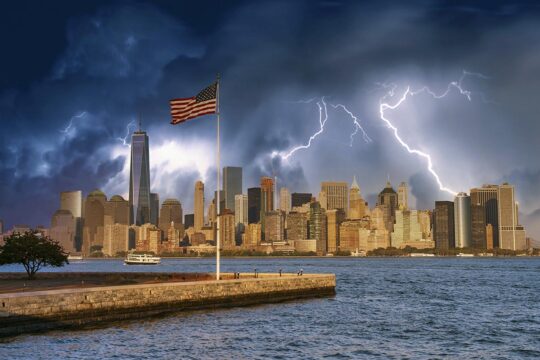"Protestants, Catholics and Moslems must work jointly to choose representatives who are not afraid of anything and who are embody the truth", Sheik Bagoribarira declared Monday to a local radio station.
In Burundi, the population is 60% catholic. The Protestants account for approximately 20% and the Moslems between 2 to 6%. During the war, the majority of the religious officials had a neutral attitude, making appeals during prayer services.
The political agreement of Arusha (Tanzania) in August 2000 for peace and reconciliation in Burundi planned two mechanisms: a Truth and Reconciliation Commission (TRC) and a Special Court (SC) whose mission is to define the crimes, including those of genocide, committed in Burundi since 1962 and to decide to prosecute or not the authors of those crimes.
The composition of a pilot committee charged with conducting a vast campaign of popular consultation on the appropriateness of these mechanisms does not have unanimity within Burundian public opinion. Questions arise on their integrity because of their political background.
"It would be difficult for them to work correctly, it would be difficult for them to exceed and be impartial", considered the Moslem official, explaining why Burundian politicians tend to have a behaviour tinted by hatred and ethnicism.
The pilot committee of the TRC is presided by a Hutu former member of the rebellion that became Minister of the Civil Service thereafter. He is seconded by a Tutsi woman, herself former Minister of Humans Right.
Sheik Bagoribarira was careful not to comment on the integrity or the merit of the two TRC officials, but he asked that the composition of all of the pilot committee be re-examined to include clergymen.
For a certain time, people have been asking that a "symbolic monument" be commissioned in the memory of the victims of violence committed in the country since its independence in 1962.
GA/PB/MM
© Hirondelle News Agency



